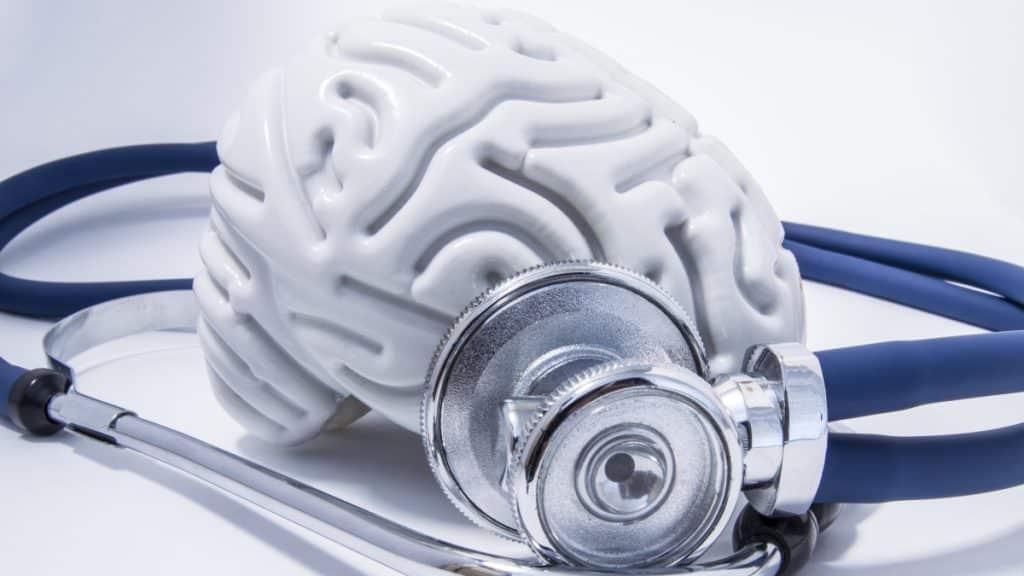The brain is responsible for every type of function in the body. It can be scary to experience any form of head trauma and you’ll likely start to worry about the consequences. The effects of a brain injury can vary depending on the severity of the trauma.
In this article, we’ll be discussing what a head injury is, how it occurs, and what exactly the immediate and long-term effects are if you’ve suffered trauma to the head.
What is a traumatic head injury?
A traumatic head injury is typically caused by a severe blow or jolt to the head or body. Similarly, an object can pierce through the brain’s tissue and cause significant head trauma.
No head injury is the same. They can differ between mild and serious brain injury and can result in bruising, torn tissues, bleeding, and other physical damage to the brain depending on the nature of the injury.
What are the immediate effects?
Milder brain injuries may result in concussion, migraines, vision changes, or dizziness. The recovery time for a mild case of concussion is usually within a few days or weeks. Some possible short-term effects from brain injuries include:
- Headaches
- Light sensitivity
- Disruption to balance
- Noise sensitivity
- Fatigue
- Difficulty concentrating
- Brain fog or confusion
What are the long-term effects?
The long-term effects of head trauma will depend on whereabouts the injury happened to the brain. Damage to the frontal lobe can affect an individual’s judgement, problem-solving, and impulse control, leading to inappropriate behaviours.
Trauma to the left side of the brain can cause speech difficulties and trouble understanding others, while the right side can result in issues processing visual information.
Some of the most common long-term effects include:
- Memory loss
- Headaches
- Dizziness
- Seizures
- Visual changes
- Fatigue
- Paralysis
- Reduced speech and language skills
- Mood swings
How can you get help?
There are several ways to reduce the likelihood of brain injury, including always wearing a seat belt in a moving vehicle or a helmet when riding a bicycle, skateboard, or motorbike. Alcohol and drug use can also impair your ability to drive, so you should never do so under the influence.
You should always try to pay attention to your surroundings as distractions can lead to accidents or falls. However, we understand some circumstances are unavoidable and the last thing you expect is to suffer a traumatic head injury.
If you require advice on what to do next, you can seek the advice of expert brain injury solicitors who can help you get compensation for any treatment or loss of earnings. You may need rehabilitation following your injury to relearn basic skills and go back to performing daily activities.
If so, you’ll likely see a physiatrist, occupational therapist, physical or speech and language therapist depending on the severity of the injury. It’s important to remember that you’re not alone and the right support and guidance are available for you when you need it.
